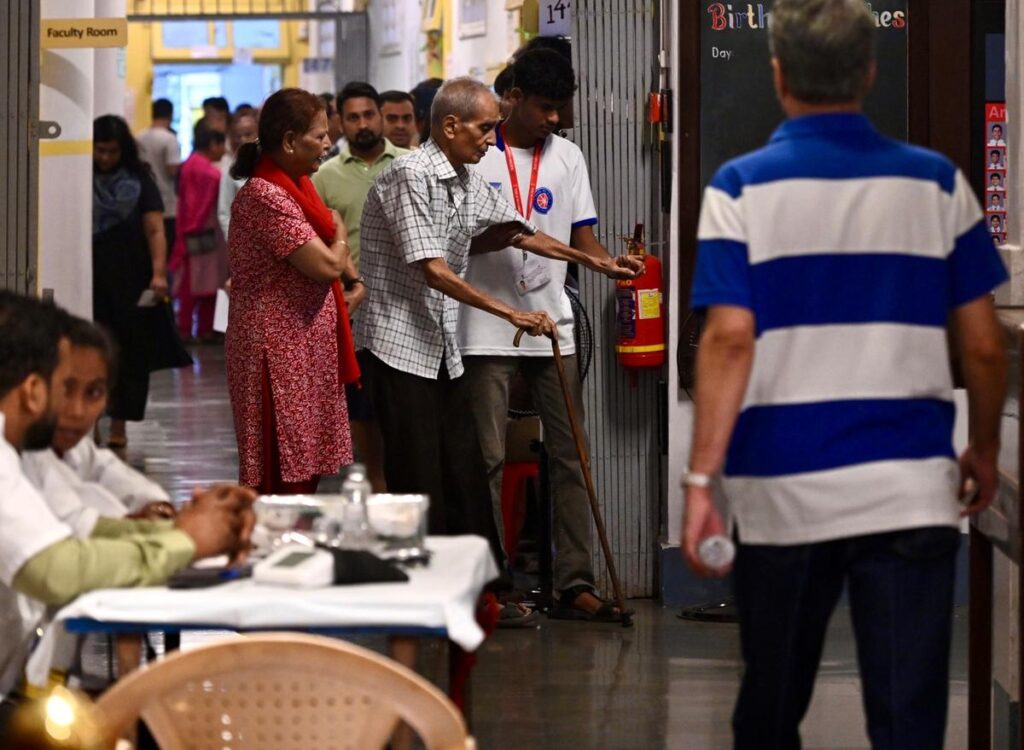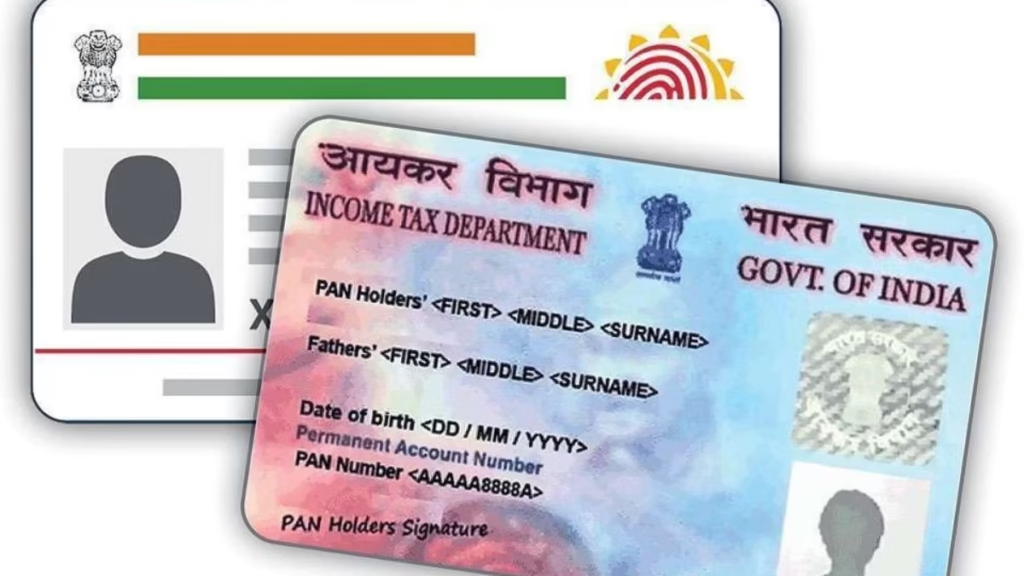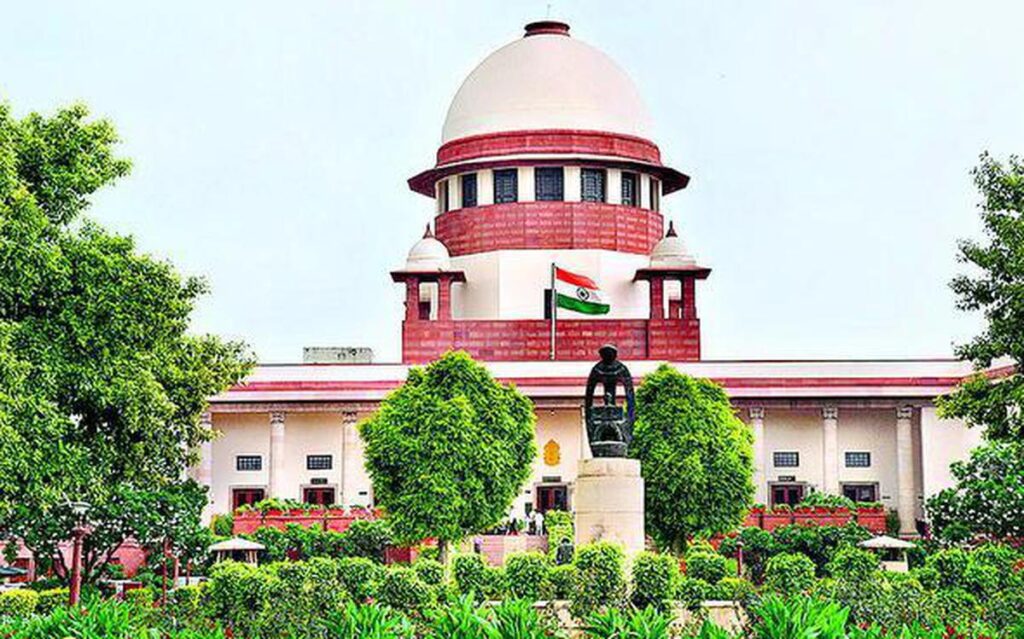Now Reading: Bharat Bandh Today: Key Services May Be Disrupted — What You Need to Know
-
01
Bharat Bandh Today: Key Services May Be Disrupted — What You Need to Know
Bharat Bandh Today: Key Services May Be Disrupted — What You Need to Know

A nationwide strike called by various trade unions is underway today, leading to possible disruptions across public services including banking, transport, and essential supply chains. The Bharat Bandh has triggered concerns in several cities, particularly in Tier 2 areas where infrastructure and alternatives are limited.
What Is the Bharat Bandh About?
The Bharat Bandh is being led by central trade unions to protest against various policies, including labour reforms, privatization moves, and unemployment. The call for the strike is also supported by farmers’ unions in solidarity, intensifying its impact in semi-urban and rural regions.
Services Likely to Be Affected
Banks, especially public sector ones, may operate with limited staff as employee unions have joined the strike. This may lead to delays in services like cheque clearance, branch-level banking, and customer support.
Transport services — including buses and auto-rickshaws — are also expected to be hit in some regions. School operations and government offices in select areas may face attendance shortages.
Tier 2 Cities May Feel the Pinch
Cities like Nagpur, Bhopal, Indore, Patna, and Jaipur are likely to see moderate disruption, particularly in public transport and banking. With fewer backup systems compared to metros, people in these areas are advised to plan their day keeping possible delays in mind.
What Citizens Should Do Today
- Avoid visiting government offices unless absolutely necessary
- Opt for online banking and services wherever possible
- Stock up on essentials as supply logistics may be slowed
- Keep alternate travel options in mind
How Long Will It Last?
The Bharat Bandh is expected to be a one-day strike, but local intensity may vary. In some regions, protests and road blockades may extend for a few hours, while in others, normalcy may resume by evening.
Police and Administration Prepared
Local administrations in several states have issued advisories and deployed additional security personnel to manage law and order. So far, the strike has remained peaceful in most parts of the country.
Conclusion
While the Bharat Bandh reflects growing dissatisfaction among worker groups, its impact will depend on regional participation. Citizens, especially in Tier 2 cities, should stay updated through local news and plan cautiously to avoid inconvenience.

























